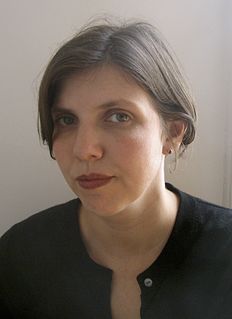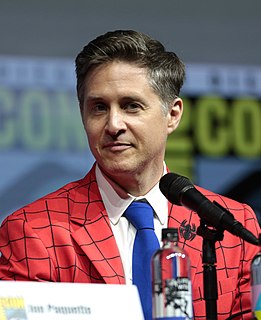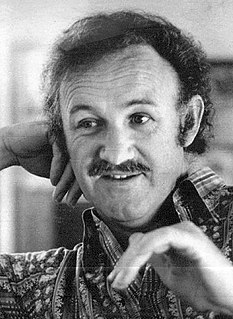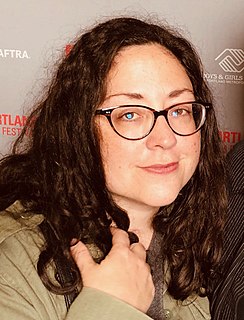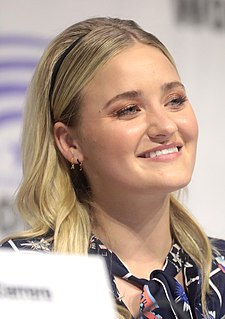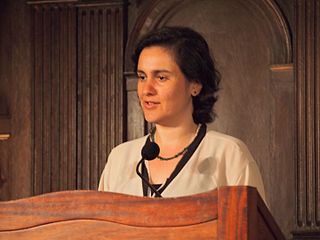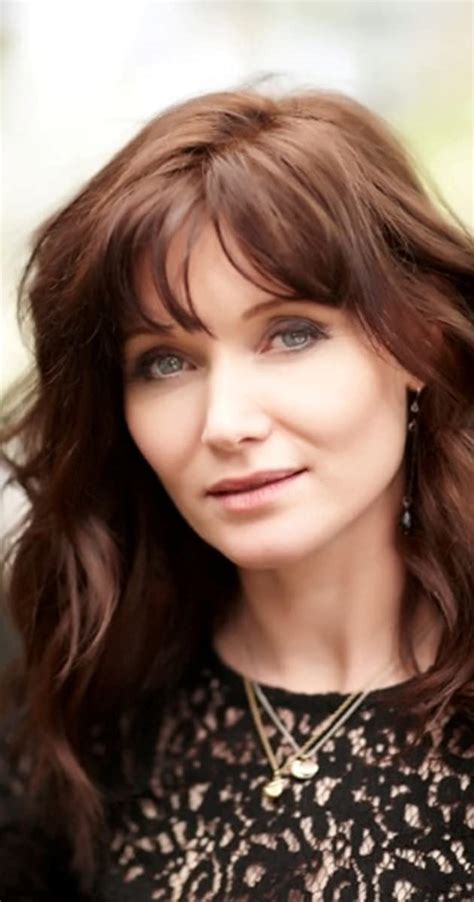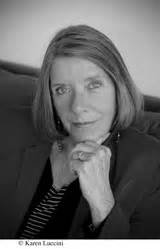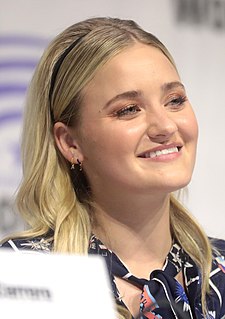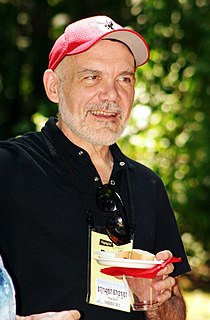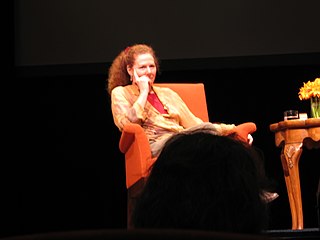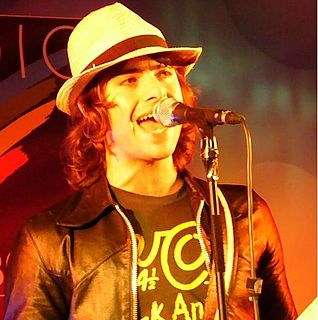Top 1200 Novel Writing Quotes & Sayings - Page 16
Explore popular Novel Writing quotes.
Last updated on December 19, 2024.
Traditionally, people have been adapting novels and short stories forever. Now, they're doing it simultaneously, with an eye towards writing the movie before the novel has even come out or been finished. It's a function of this hyper-accelerated society we live in, where everyone is trying to short circuit the process.
I usually start writing a novel that I then abandon. When I say abandon, I don't think any writer ever abandons anything that they regard as even a half-good sentence. So you recycle. I mean, I can hang on to a sentence for several years and then put it into a book that's completely different from the one it started in.
Many writers will get a contract by selling chapters and outlines or something like that. I wrote the entire novel, and when it was all finished, I would give it to my agent and say, 'Well, here's a novel; sell it if you can.' And they would do that, and it was good because I never had anyone looking over my shoulder.
I never thought about writing a novel until I was 13, and that happened by chance. I was on school holidays, and I was bored, and I thought I just wanted to do something to occupy myself instead of asking, 'What can I do, mum? Entertain me.' I started, and it really just took over, and I realised, 'Wow, this is an amazing experience.'
No self-respecting feminist could argue with the claim that the novel is more likely to accept existing power structures than not. But there's a vast difference, surely, between Dickens saying Indians should be exterminated and a Dave Eggers writing eloquently about the NSA, but not being as outspoken on American military power abroad.
We're a culture that's obsessed with people who make and who squander ridiculous amounts of wealth, which seemed an obsession well worth interrogating in a novel. That probably accounts for what some have called the book's "sweeping" feel, but I don't know that I set out to be cinematic. I wouldn't know how to do that in a novel, specifically.
Right now-whether you're in writing courses getting "paid" in credit for writing, or burdened and distracted by earning a living and changing diapers-figure out how to make writing an integral part of your life. Publication is good, and gives you the courage to go on, but publication is not as important as the act of writing.
For me writing is an organic process that starts with engaging the language and then thinking about the structure of the novel as you move along. Especially in revision you start to notice correlations. Things come up, not self-consciously, because you're busy feeling your way through sentences and trying to push the language into new places.
Getting 'Millionaire' right was as hard as writing 'Dirty Pretty Things.' Harder. In the pilots, contestants kept wanting to take the money; we had to find ways - the lifelines - of keeping them in the seat, answering the questions. But there is so much snobbery about popular culture. A game show just isn't valued as much as a novel.
I'm not entirely sure what a historical novel absolutely has to be, but you don't want a reader who loves a very traditional historical novel to go in with the expectation that this is going to deliver the same kind of reading experience. I think what's contemporary about my book has something to do with how condensed things are.
Why honey, don't you want to get dressed?" My mother took care never to tell me to do anything. She would only reason with me sweetly, like one intelligent, mature person with another. It's almost three in the afternoon." I'm writing a novel," I said. "I haven't got time to change into this and change into that.
When I get about five readers I can rub together in one genre, I leave that genre and go somewhere else. And this is due to a vow that I made myself when I started writing - that if I had any success at all, I would not be bound to one form of writing. That I would write what moves me. The only way I can see me surviving and doing more than one book is to present the readers with a Dan Simmons novel, with whatever tropes and protocols from whatever genre I want to borrow them. If that builds a Dan Simmons readership, well then, okay. Otherwise, forget about it. I'd rather drive a truck.
Israel is a fulfilled dream. Nothing that exists here existed here a hundred years ago. "The State of the Jews" was not a title of a country. It was a title of a futuristic novel. A little more than a hundred years ago, "Tel Aviv" was not a city. It was a title of another novel written by the same author. The "Return to Zion" was a name of another novel. There was a bookshelf. There was no state. There was no nation. All you can see, if you look through the window - everything you see is a fulfillment of dreams, different dreams.
Whether it's writing a monologue or writing standup or writing a screenplay or writing a play, I think staying involved in the creation of your own work empowers you in a way, even if you don't ever do it. It gives you a sense of ownership and a sense of purpose, which I think as an actor is really important.
The secret to writing is just to write. Write every day. Never stop writing. Write on every surface you see; write on people on the street. When the cops come to arrest you, write on the cops. Write on the police car. Write on the judge. I'm in jail forever now, and the prison cell walls are completely covered with my writing, and I keep writing on the writing I wrote. That's my method.










